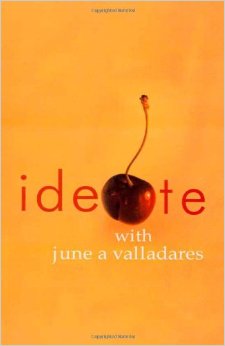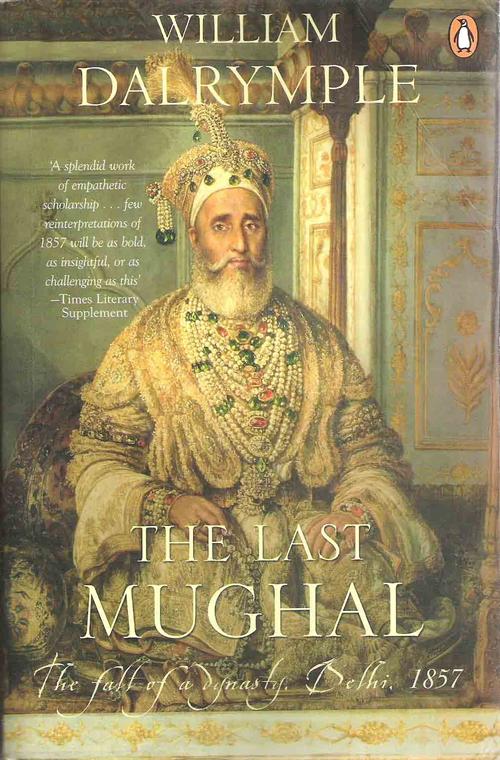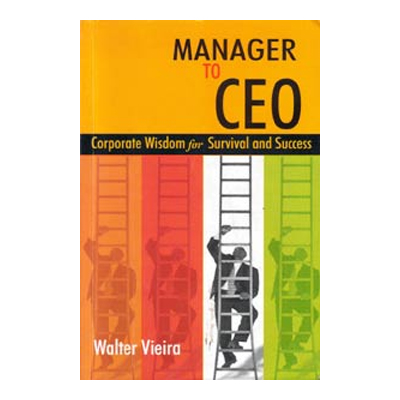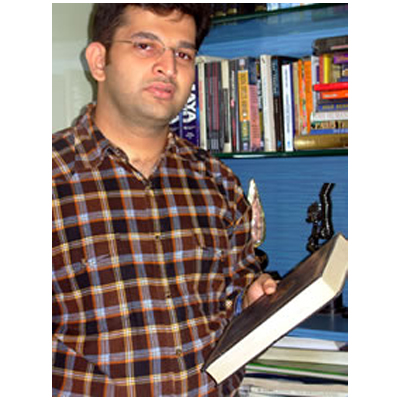Ideate With June A Valladares
About the Author - June A Valladares started her career as a journalist, but soon switched to a relatively short but exciting career in advertising. June has worked at Hindustan Thompson Associates (HTA), at J Walter Thompson and later at Lintas India Limited, now Lowe.
Written in first person, Ideate with June a Valladares takes an insightful look at the process of creativity and deliberates on the very idea of ideation.
Through this book, the author zeroes in on the fact that the creative process is inherent to everyone. The author also dwells on diverse elements like religion, spirituality, psychology and sociology and underlines simple qualities like patience, imagination, and faith. And it is through these illustrations that Valladares arrives at an even simpler truth that creativity is intrinsic to us all. It's just that we often overlook the very instances that lead us to it. The book is an attempt at showing the readers how they can ideate better than they already do.
Another aspect of the book is that it has an array of inspiring quotes from the likes of Jawaharlal Nehru, Mark Twain, Oliver Wendell Holmes, Jacob Bronowski and Ralph Waldo Emerson.
Interspersed with examples of some real-time brilliant ideas, which may seem mundane or otherwise impossible, the author drives home the point that a discerning idea can pop up from nowhere. One just has to recognise it and believe in it.
The author also dwells on basic questions like what are ideas, who needs them and how does one get them? The book serves as a one-stop-shop for those who are looking at creating altogether new ways of thinking and living.
It illustrates ways to tap into a sustained flow of good, solid ideas that will help in both, our personal and professional lives. It introduces not only an altogether new way of thinking and living but, more significantly, prompts each one of us to delve deep into our self so that we can discover that creative spark within us.
Simple language and explanations makes this an easy read and is a must for those who believe in the power of ideas.









 Do you find interesting things in every book? How do you choose books you read?
Do you find interesting things in every book? How do you choose books you read? Your reading pace
Your reading pace



